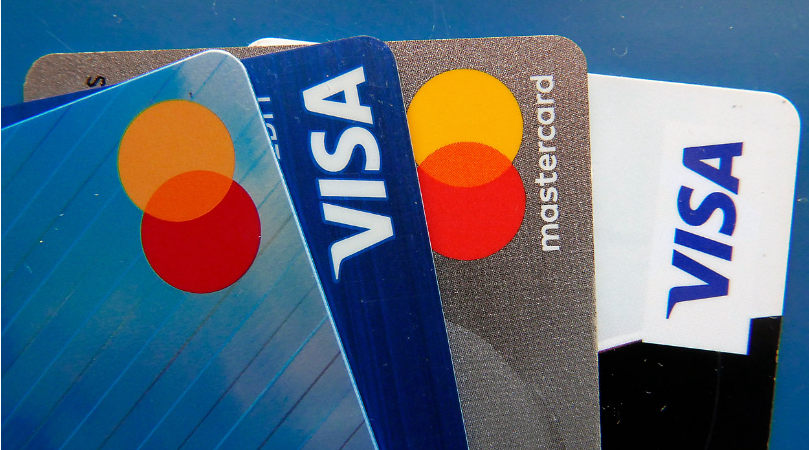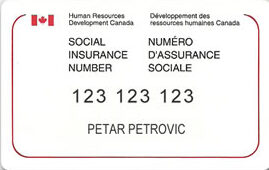Understanding Credit Card Use in Canada: A Comprehensive Guide
Credit cards have become an essential part of daily financial management for many Canadians. They offer convenience, rewards, and the ability to manage cash flow effectively. However, responsible credit card use is crucial to avoid debt and maintain a healthy credit score. This blog provides an in-depth look at credit card usage in Canada, including benefits, potential pitfalls, real-life examples, and tips for managing credit wisely.
1.The Popularity of Credit Cards in Canada
Credit cards are widely used in Canada, with millions of transactions occurring daily. According to recent statistics, the average Canadian carries 2.2 credit cards, and the total number of credit cards in circulation exceeds 70 million. This high usage reflects the trust and reliance Canadians place on credit cards for everyday purchases and financial management.
2. Benefits of Using Credit Cards
2.1 Convenience and Flexibility
Credit cards offer unparalleled convenience, allowing you to make purchases without carrying cash. They are accepted globally, making them an essential tool for travel and online shopping.
Example: Sarah, a frequent traveler, uses her credit card to book flights, hotels, and rental cars. She appreciates the flexibility and security of not carrying large amounts of cash, especially when traveling internationally.
2.2 Rewards and Cashback
Many credit cards offer rewards programs, including cashback, points, and travel miles. These rewards can add significant value to your spending, especially if you use your card for routine purchases.
Example: John uses his rewards credit card for daily expenses such as groceries and gas. Over the course of a year, he accumulates enough points to redeem for a free flight to visit his family.
3. Building Credit History
Using a credit card responsibly helps build your credit history, which is crucial for obtaining loans, mortgages, and favorable interest rates in the future. Timely payments and maintaining a low balance relative to your credit limit positively impact your credit score.
Example: Emily, a recent graduate, uses her first credit card to build her credit history. By paying off her balance in full every month, she improves her credit score, which later helps her secure a mortgage with a lower interest rate.
4. Purchase Protection and Extended Warranties
Credit cards often come with purchase protection, covering damage or theft of items bought with the card. Additionally, many cards offer extended warranties on purchased products, providing extra peace of mind.
Example: Alex bought a new laptop with his credit card, which extended the manufacturer’s warranty by an additional year. When the laptop malfunctioned after the original warranty expired, the extended warranty covered the repair costs.
5. Potential Pitfalls of Credit Card Use
5.1 High-Interest Rates
One of the most significant downsides of credit cards is their high-interest rates, especially on unpaid balances. Carrying a balance month-to-month can lead to substantial interest charges, making it difficult to pay off debt.
Example: Lisa overspent during the holidays and could only make the minimum payment on her credit card. The high-interest rates caused her balance to grow quickly, making it challenging to get out of debt.
5.2 Overspending
The ease of using credit cards can sometimes lead to overspending. Without careful budgeting, it’s easy to accumulate debt that you may struggle to repay.
Example: Mike frequently dined out and shopped using his credit card, not realizing how quickly his expenses added up. When his credit card bill arrived, he was shocked by the amount and realized he needed to be more mindful of his spending.
5.3 Fees
Credit cards can come with various fees, including annual fees, late payment fees, and foreign transaction fees. It’s essential to understand your card’s fee structure to avoid unexpected charges.
Example: Samantha was unaware that her credit card charged a foreign transaction fee. During a trip to Europe, she incurred additional costs every time she used her card. After returning home, she switched to a card with no foreign transaction fees for future travels.
6. Tips for Responsible Credit Card Use
6.1 Pay Your Balance in Full
To avoid interest charges, always try to pay your balance in full each month. This practice helps you maintain control over your finances and prevents debt accumulation.
6.2 Monitor Your Spending
Keep track of your credit card transactions and set a budget to ensure you don’t overspend. Many banks offer mobile apps and online tools to help you monitor your spending in real-time.
6.3 Understand Your Rewards Program
Maximize the benefits of your credit card by understanding how your rewards program works. Use your card for purchases that earn the most rewards and redeem points or cashback regularly.
6.4 Be Aware of Fees and Interest Rates
Read the fine print of your credit card agreement to understand all fees and interest rates. Choose a card with terms that match your spending habits and financial goals.
6.5 Use Credit Cards for Emergencies
While it’s tempting to use credit cards for all purchases, it’s wise to reserve them for emergencies or significant expenses that you can pay off quickly.
7. Types of Credit Cards Available in Canada
7.1 Standard Credit Cards
Standard credit cards offer basic features without an annual fee. They are suitable for everyday purchases and building credit.
7.2 Rewards Credit Cards
Rewards cards offer points, miles, or cashback on purchases. They often come with higher interest rates and annual fees but can be valuable if used strategically.
7.3 Secured Credit Cards
Secured credit cards require a security deposit and are designed for individuals with no credit history or poor credit. They help build or rebuild credit over time.
7.4 Student Credit Cards
Student credit cards are tailored for young adults and college students. They typically have lower credit limits and fewer rewards but help build credit history.
7.5 Business Credit Cards
Business credit cards are intended for business expenses and often come with rewards tailored to business spending, such as office supplies and travel.
To Know Everything About Credit Cards in Canada, Visit here.
Credit cards are a powerful financial tool when used responsibly. They offer convenience, rewards, and the opportunity to build a strong credit history. However, it’s essential to be aware of potential pitfalls like high-interest rates and overspending. By following the tips outlined in this guide, Canadians can make the most of their credit cards while maintaining financial health.
Stay informed, spend wisely, and enjoy the benefits of credit card use in Canada!



